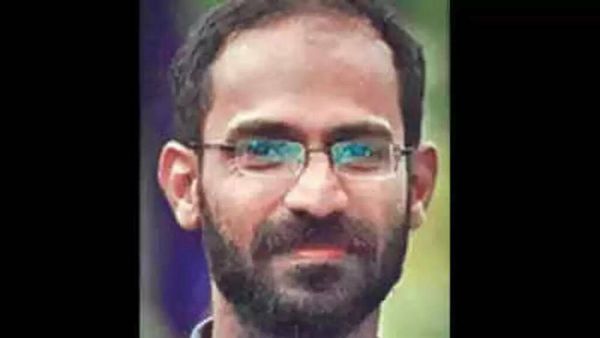The Madras High Court has set aside the conviction, 10 years rigorous imprisonment and ₹1 lakh fine imposed by a trial court on a person accused of attempting to smuggle 1.377 kg of heroin to Kuwait through Chennai airport. The High Court accepted his defence of not being aware of the contraband and having accepted to carry it by believing an acquaintance’s claim that there was wheat flour and tamarind in the sealed packet.
Justice G. Jayachandran held that under Section 35 of the Narcotic Drugs and Psychotropic Substances (NDPS) Act of 1985, the courts could presume the existence of culpable mental state of an accused only when the prosecution proves it beyond a reasonable doubt and not merely when its existence was established by preponderance of probability. The Narcotics Control Bureau (NCB) had failed to investigate the present case properly, he observed.
According to the prosecution, a NCB officer had received a tip-off on an attempt by one Venkataswara Rao of Chittoor in Andhra Pradesh, to smuggle 1.5 kg of heroin through Anandam Gundluru to Kuwait via the Chennai airport on September 15, 2014. The telephonic information was reduced to writing and a team started checking the passengers after immigration clearance. Mr. Gundluru was identified from his passport.
The NCB officials disclosed their identity to him and informed him of his right under Section 50 to be searched before a gazetted officer or a Magistrate but he refused to exercise that option. Thereafter, his checked-in luggage was brought back and, on examination, they found many packets of food items. Three of those packets contained contraband with the first one having 958 grams of heroin and the second 419 grams.
The third packet had a small quantity of 10 grams of what was suspected to be methamphetamine but subsequent laboratory tests proved that it was not a narcotic substance at all.
Since the prime suspect Rao absconded and could not be traced at all, the NCB prosecuted Mr. Gundluru alone leading to his conviction by a special court for NDPS Act cases on January 9, 2017 on the charge of being in possession of 1.377 kg of heroin.
However, Justice Jayachandran pointed out that the trial court had significantly acquitted the appellant from the charge of criminal conspiracy. It had convicted him only for the charge of possessing the contraband on the basis of his phone call details record, which proved frequent communication between Mr. Gundluru and Rao and on the basis of a statement recorded by the Andhra Pradesh police from Rao’s father Thathiah. He said the trial court had erred by relying upon these two documents.
He pointed out that the phone call details record, being an electronic evidence, were not supported by a certificate under Section 65B of the Evidence Act of 1872. The mobile service provider’s employee who had shared the record with the NCB had not been examined before the trial court and no proof was produced to show that the mobile phone number from which the appellant had reportedly spoken to Rao belonged to the former.
Further, no effort was made to proceed against the absconding accused Rao. Neither Thathiah, who claimed that his son Rao was using the phone number that actually belonged to his second son languishing in a prison in Kuwait, nor the police constable who recorded the aged man’s statement were examined as witnesses. “There was no material to prove that the accused was conscious of the presence of heroin in the parcel given to him by Venkateswara Rao,” the judge concluded.
“Though not in all cases, the carrier can plead absence of culpability, in the peculiar circumstances and facts of this case, the knowledge of contraband in the bag cannot be attributed to the accused/appellant. Through his statement it is probabilised that he had carried the parcel given by Venkateswara Rao without knowing that it is a prohibited substance... By preponderance of probability, the accused had established the absence of knowledge,” the judge wrote.
He also recorded the submission of the appellant’s counsel T.S. Sasikumar that his client had not resisted when the NCB sleuths wanted to check his baggage and he had disclosed it to them that he had accepted the parcel from Rao believing it to be some food item.
Yet, he was prosecuted just because of his statement that he was apprehensive of accepting the parcel at the first instance but was persuaded to carry it.
Explaining the reason for the apprehension, the counsel said that his client, being a first time air traveller, did not want to carry any package that did not belong to him. However, he was persuaded to take it since many of the villagers were in Kuwait and it was common practice for them to carry food items at the request of their acquaintances.










